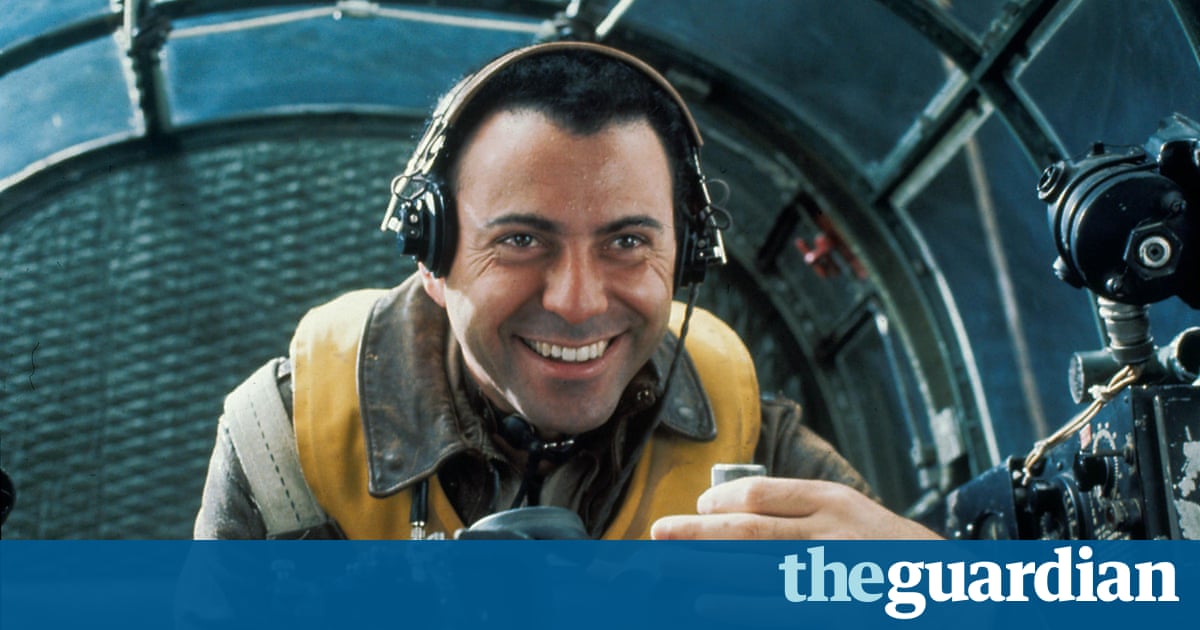Joseph Hellers novel is fiercely intelligent and very complicated. But it does have a compellingly sympathetic hero, who has won over millions of hearts

When I read something saying Ive not done anything as good as Catch-22, Im tempted to reply, Who has? Joseph Heller once said and it is an honest observation.
Total sales of all editions of Catch-22 are now more than 10m, a very large number for a novel as complicated, fiercely intelligent, uncompromising in its politics and remorseless in its satire as Catch-22.
Sure, Catch-22 is funny, and that explains a lot of its appeal. But as we discussed last week, many of the jokes are tricky, deceptive and tangled. As is the books plot, whose structure was brilliantly described by Reading group contributor Palfreyman:
I think of it as a helix, like the threading on a screw or bolt. Heller keeps us circling back to a seeming repetition of incidents and tropes and jokes until we get dizzy. But actually, almost imperceptibly, the way a screw goes forward even as you are actually turning it clockwise, the plot progresses so that, towards the end, you begin to realise all the repetitive jokes and themes have been leading up to this.
Yes, the structure of Catch-22 is a wonderful achievement (you can get an idea of how hard Heller worked on it by looking at his handwritten outline) – but it isnt exactly the kind of thing that you would expect to set marketing mens eyes aflame. So why did Hellers novel manage to reach so many millions?
Partly, to be cynical, its early fame was driven by the brilliant hook provided by the notion of a catch-22, as well as a well-judged advertising campaign in international newspapers asking: Whats The Catch? Heller says as much in his 1994 introduction to the novel, where he also puts some of its early successes down to coincidence: a chain of acquaintances and chance conversations led to a review in the Herald Tribune, where the positive response in turn led to a review in the New York Times, then a steady accumulation of good reviews in the UK and so on.
But possibly the best insight Heller provides into his creations enduring success comes again in that 1994 introduction. He tells a story about the time he first appeared on a network TV show, where he says that the host confided in him afterwards that hed been posting stickers around the NBC building that read: YOSSARIAN LIVES. Readers immediatedly cared about Yossarian, and his survival. Yossarian is the point of connection and understanding; a strong central fulcrum around which the chaos of the novel spins. Hes also that universally appealing thing an old-fashioned hero.
And when I say old-fashioned, I mean old-fashioned: as Reading group contributor Swelter has pointed out, there are strong parallels between Yossarian and Achilles. They both stew in their tents and refuse to fight. They are both humiliated and oppressed by vainglorious and intellectually challenged commanding officers. They are both devastated by the death of a friend (Nately in Yossarians case, Patroclus for Achilles). They both go on a rampage afterwards. Heller himself makes the connection explicit. Who does he think he is Achilles? asks Colonel Korn when he learns that Yossarian wont fly any more. We are also told, pointedly, that Korn is pleased with the simile.
A writer called Leon Golden was so taken with these connections that he even wrote an insightful (and surprisingly enjoyable) book on the subject called Achilles and Yossarian. He managed to talk to Heller, who told him that the Iliad was very much on his mind when he wrote Catch-22 – but he tried hard to avoid specific allusions. But there is a key difference between the two men, as Heller explained; Achilles undergoes a kind of moral revolution following the death of Patroclus but Yossarian never loses his ability for compassionate interaction with other humans. The first sentence of Catch-22 is: It was love at first sight. Yossarian is not motivated by revenge like Achilles; instead he has his heart cracked by compassion.
In 1962, Phillip Toynbee wrote in his Observer review of Catch-22 about a man of deep and urgent compassion whose raging pity is concerned with the nature of human existence itself. He was actually referring to Heller, but it could easily be about Yossarian. Writing at the same time, an anonymous reviewer for a magazine called Daedalus also said that Yossarian follows a fashion in spitting indiscriminately at business and the professions, at respectability, at ideals, at all visible tokens of superiority. The reviewer was actually trying to damn the novel, but it might as well be praise; an inversion Heller would have enjoyed, one hopes. And it explains why Yossarians kept a lasting grip on our collective psyche; hes the ultimate moral rebel. To object to him would be to put yourself on the side of stuffed shirts, those who kill for profit and in the name of absurd patriotism. Small wonder that so many millions have decided to take Yossarians side.






